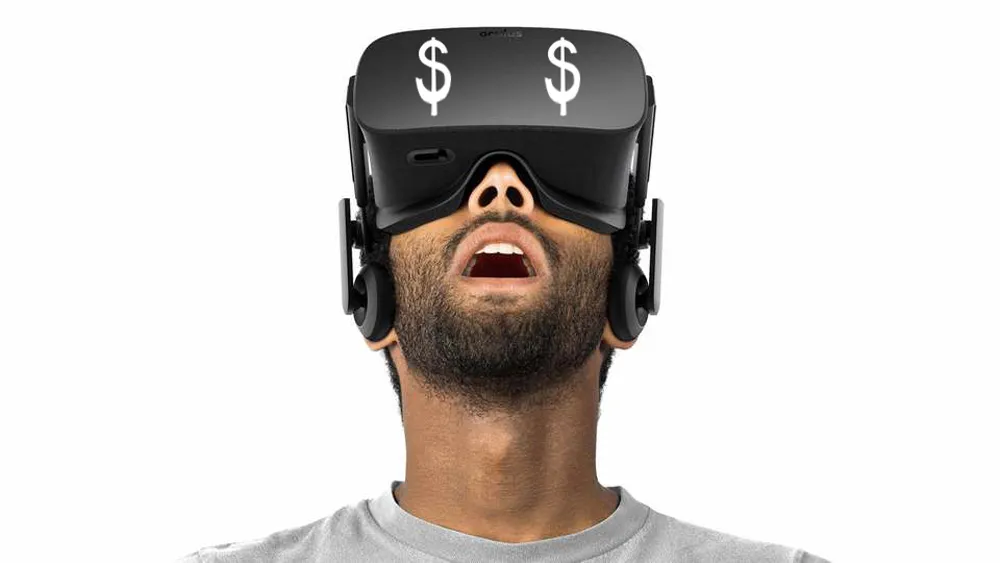Hidden Path is the acclaimed game developer that is perhaps best known for co-developing Counter Strike: Global Offensive alongside super-studio, Valve. With the advent of virtual reality, however, Hidden Path pivoted hard into the fledgeling industry with Defense Grid 2: Enhanced VR Edition – a launch title for the Oculus Rift. In an interview with UploadVR, Hidden Path CEO Jeff Pobst discussed the future of his studio and the current state of VR game making at this early point in the industry’s life cycle.
When asked how much of his team is currently engaged with VR related projects, Pobst’s response was surprising for such a venerated 2D studio:
“We are now a 100 percent VR company,” Pobst explained. “It wasn’t something we planned, but we work very hard at it and are finding it to be incredibly rewarding.”
Tying into this seismic shift for Hidden Path is the ambiguity that goes along with being a VR developer this early in the game. No sales numbers have been released yet for exactly how many headsets Oculus has sold, and the same is true for its chief rival – and fellow industry mainstay – the HTC Vive.
Pobst addresses this concern by saying, “It’s definitely a scary shift. Right now most of VR development is being paid for by other people.”
This group of “other people” is, according to Pobst, made up of the content arm of the Oculus brand – known as Oculus Studios – and “other publishing partners” from around the space. To put it simply, money is being funneled into studios like Hidden Path in order to entice them to make games for the new platforms, a concept we’ve reported on recently with regards to Serious Sam VR. Many have suspected that these funds are also being taken to offset the low sales numbers of a burgeoning market.
Pobst confirmed the weak VR market point blank by saying, “Right now there are not enough VR headsets out there for developers to have good sales.”
He does believe that demand is outstripping supply, and that the market will eventually strengthen, but for now, he is confirming what many have expected: If a studio truly wants to support itself solely on VR at this point, it is going to need outside support.
“[VR] is crazy right now. It’s a very exciting time but it has this sense of uncertainty,” Pobst said. “The next two years are going to be the tough ones and then VR will either be huge or it won’t exist.”


























